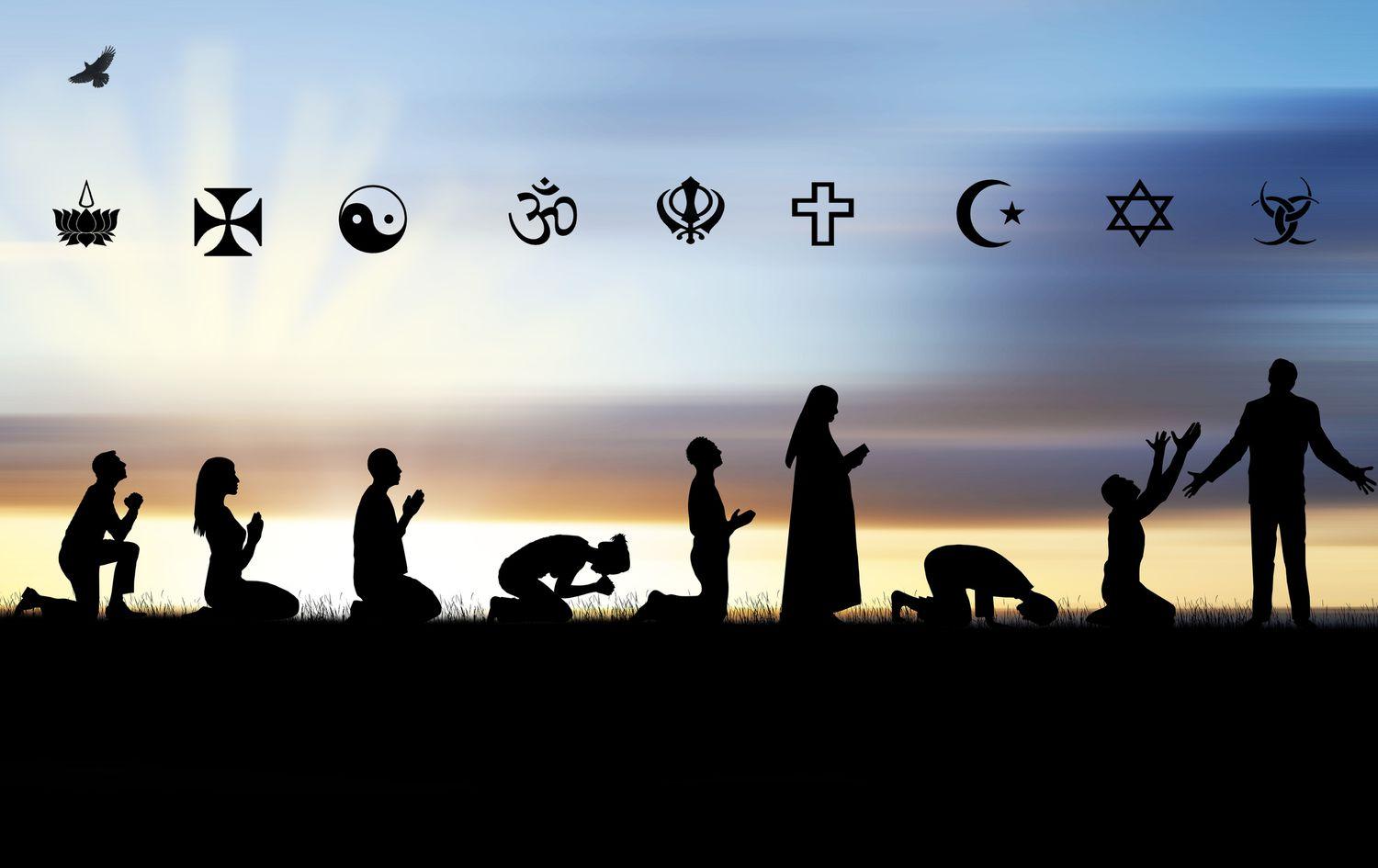Exploring Different World Religions: Beliefs and Practices
Religion has been a fundamental aspect of human civilization, shaping cultures, moral codes, and worldviews. Across the globe, billions of people adhere to various religious traditions, each with its own unique beliefs and practices. This article delves into the major world religions, providing an overview of their core tenets and rituals.
Christianity
-
Beliefs: Christianity is based on the life and teachings of Jesus Christ. Christians believe in one God and view Jesus as the Son of God and the savior of humanity. The Holy Trinity (Father, Son, Holy Spirit) is central to Christian doctrine. The Bible, comprising the Old and New Testaments, is the sacred scripture.
-
Practices: Common practices include attending church services, prayer, Bible study, and sacraments like baptism and communion. Major holidays include Christmas (celebrating the birth of Jesus) and Easter (commemorating the resurrection of Jesus).
Islam
-
Beliefs: Islam is a monotheistic religion based on the teachings of the Prophet Muhammad. Muslims believe in one God, Allah, and the Quran as the final revelation. The Five Pillars of Islam are the framework of a Muslim's life: Shahada (faith), Salat (prayer), Zakat (charity), Sawm (fasting during Ramadan), and Hajj (pilgrimage to Mecca).
-
Practices: Muslims pray five times a day facing Mecca, fast from dawn to sunset during Ramadan, and give to the needy. The Hajj pilgrimage is a once-in-a-lifetime obligation for those who can afford it. Islamic holidays include Eid al-Fitr (end of Ramadan) and Eid al-Adha (Festival of Sacrifice).
Hinduism
-
Beliefs: Hinduism is a diverse religion with no single founder or central text. Core beliefs include Dharma (duty/ethics), Karma (action and consequence), Samsara (cycle of rebirth), and Moksha (liberation from the cycle of rebirth). Major texts include the Vedas, Upanishads, Bhagavad Gita, and Ramayana.
-
Practices: Practices vary widely but often include rituals, worship (puja), meditation, yoga, and pilgrimages to sacred sites. Major festivals include Diwali (Festival of Lights), Holi (Festival of Colors), and Navaratri (Nine Nights festival).
Buddhism
-
Beliefs: Buddhism was founded by Siddhartha Gautama (Buddha) in the 5th century BCE. Buddhists follow the Four Noble Truths, which teach that life is suffering (dukkha), suffering is caused by desire, eliminating desire ends suffering, and following the Eightfold Path leads to the end of suffering.
-
Practices: Practices include meditation, mindfulness, ethical conduct, and monasticism. Major branches include Theravada, Mahayana, and Vajrayana Buddhism. Important holidays are Vesak (Buddha's birth, enlightenment, and death) and the Tibetan New Year (Losar).
Judaism
-
Beliefs: Judaism is one of the oldest monotheistic religions, centered on the belief in one God and the covenant between God and the Jewish people. The Torah, along with the Talmud, is the central religious text. Key beliefs include the observance of God's commandments and the importance of study and prayer.
-
Practices: Practices include observing the Sabbath (Shabbat), dietary laws (Kashrut), and various rituals and prayers. Major holidays include Rosh Hashanah (Jewish New Year), Yom Kippur (Day of Atonement), Passover (commemorating the Exodus from Egypt), and Hanukkah (Festival of Lights).
Sikhism
-
Beliefs: Sikhism was founded by Guru Nanak in the 15th century in India. Sikhs believe in one God and follow the teachings of the ten Gurus, as recorded in the Guru Granth Sahib, their holy scripture. Core principles include living truthfully, equality, and social justice.
-
Practices: Sikhs engage in daily prayers, meditation on God's name, community service (Seva), and congregational worship (Gurdwara). Important festivals include Vaisakhi (celebrating the formation of the Khalsa) and Guru Nanak Gurpurab (birth of Guru Nanak).
Indigenous and Traditional Religions
-
Beliefs: Indigenous and traditional religions vary widely but often involve a deep connection to nature, ancestors, and a pantheon of spirits or deities. These beliefs are typically passed down orally through generations.
-
Practices: Practices include rituals, ceremonies, dances, and offerings to honor deities, spirits, and ancestors. These religions often emphasize harmony with nature and community cohesion.
Conclusion
The diversity of religious beliefs and practices around the world reflects the rich tapestry of human culture and history. Each religion provides its followers with a framework for understanding the world, guiding ethical behavior, and finding meaning and purpose in life. Exploring these different traditions fosters a deeper appreciation of the varied ways in which people seek to understand and connect with the divine, the universe, and one another.

